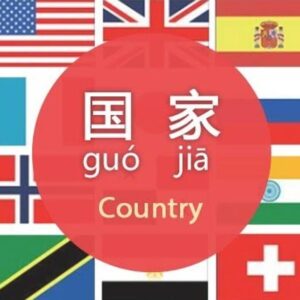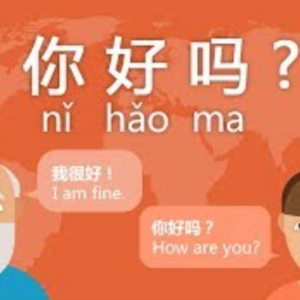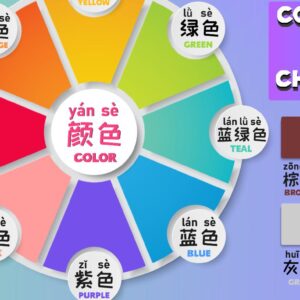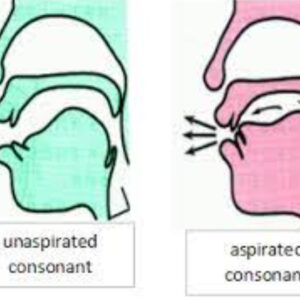In today’s lesson, you will discover exactly how to claim “Thankful to satisfy you” in Chinese, It’s very polite to say this when you initially get to know a Chinese person.
Dialogue
Note: “How are you” greetings in Chinese.
| A: 很 高 兴 认 识 你 。
Hěn gāo xìng rèn shi nǐ . Very glad to know you. |
| B: 我 也 很 高 兴 认 识 你 。
Wǒ yě hěn gāo xìng rèn shi nǐ . I’m also very glad to know you. |
Vocabulary
| 高兴 gāo xìng adj. glad |
| 认识 rèn shi v. to know |
Expansion
Ohter common greatings: How to say “How are you”, “Good Evening” in Chinese
Grammar
We know that in English, we can just make use of “Me as well” instead of duplicate the entire sentence. And in Chinese we have the very same usage, which is to make use of “wǒ +yě+ shì “(literally I am additionally). 是 (Shì) indicates “to be” in Chinese (such as am, is, are) which will be educated in Lesson 6, and “wǒ +yě+ shì “can refer to whatever the speaker claimed prior to as long as you agree with him or her.
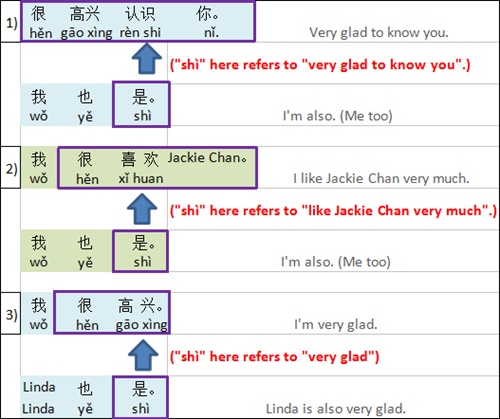
For example:
| 很 高兴 认识 你 。
hěn gāo xìng rèn shi nǐ . Very glad to know you. |
| 我 也 是。
wǒ yě shì. (“shì” here refers to “very glad to know you”) I’m also. (Me too) |
| 我 很 喜欢 Jackie Chan。
wǒ hěn xǐ huan Jackie Chan。 I like Jackie Chan very much. |
| 我 也 是。
wǒ yě shì. (“shì” here refers to “like Jackie Chan very much”) I’m also. (Me too) |
| 我 很 高兴。
wǒ hěn gāo xìng. I’m very glad. |
| Linda 也 是。
Linda yě shì. (“shì” here refers to “very glad”) Linda is also very glad. |

